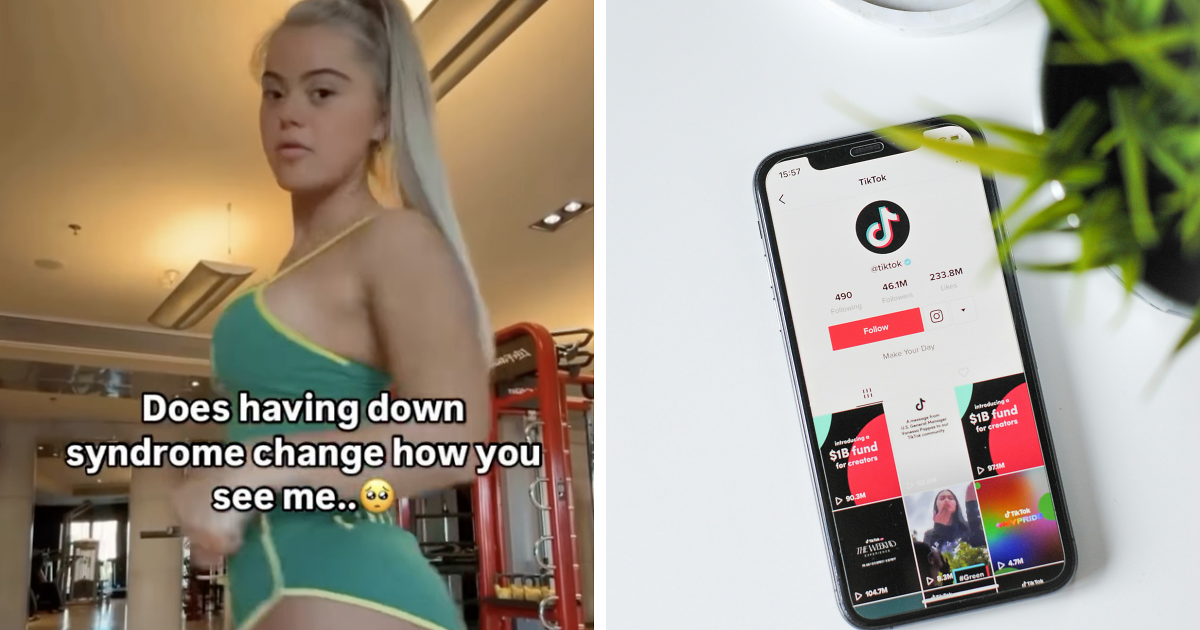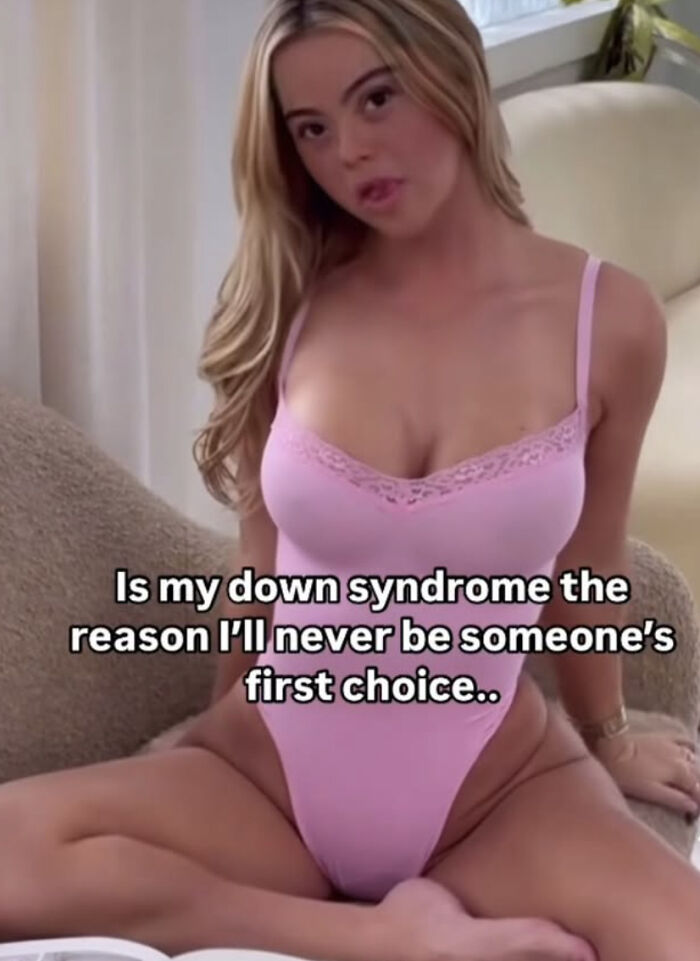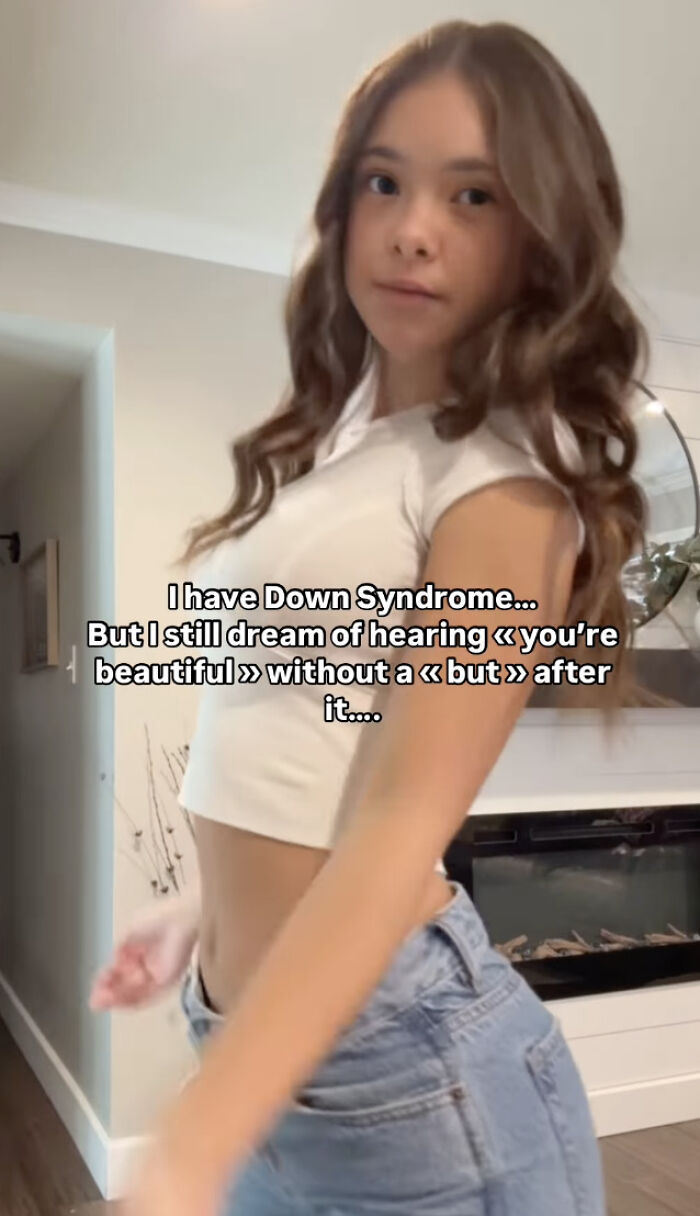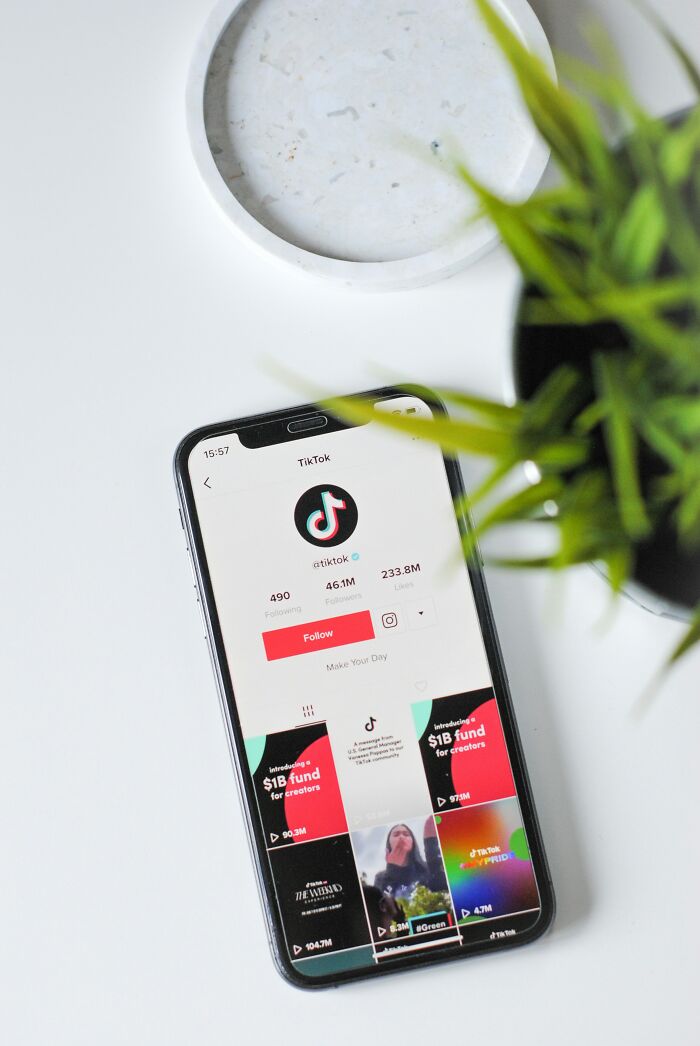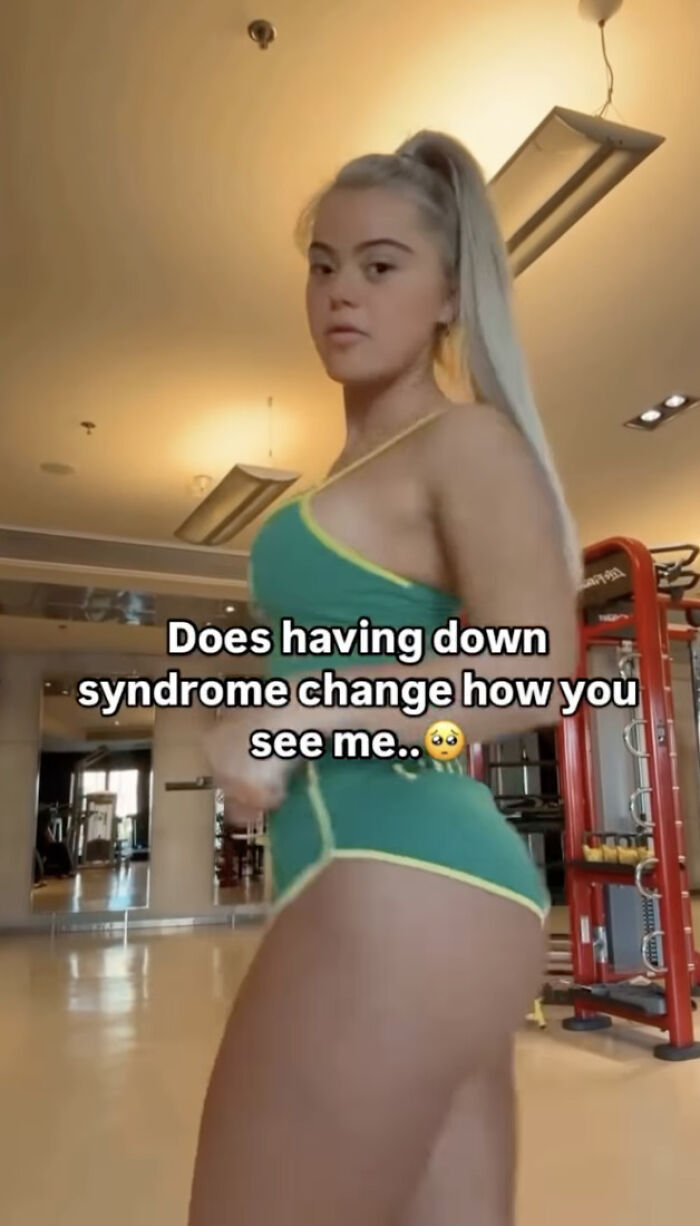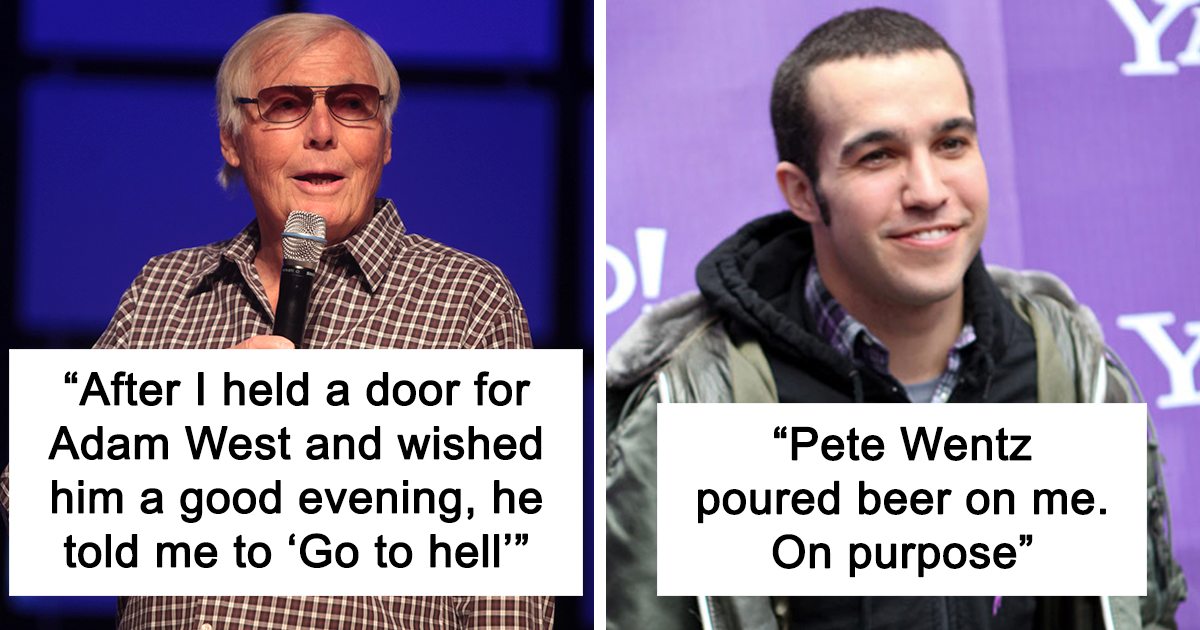Shocking New Social Media Trend Exploits Down Syndrome in Adult Content—What’s Fueling the Backlash?
Artificial intelligence—our shiny, double-edged sword in the digital age—has done wonders from helping diagnose diseases to composing music that tugs at your heartstrings. But just when you think, “Hey, AI can do no wrong,” along comes a social media trend so bizarre it makes you scratch your head and ask, “Wait, are we really here now?” Picture this: AI filters morphing features commonly associated with Down syndrome onto scantily clad women’s faces on TikTok and Instagram… and yes, most of these are plastered across content that’s, well, a bit too saucy for polite company. It’s a strange cocktail of tech gone rogue and questionable taste, one that’s sparked outrage from individuals within the Down syndrome community and disability advocates alike. The trend’s underlying cash-grab vibes—directing traffic to adult sites and OnlyFans accounts—add a grim layer to the story, turning what should be inclusive representation into an exploitative circus. But how did we get here? And more importantly, where do we draw the line when technology’s creative potential clashes with basic human decency? Buckle up—this one’s a wild ride through the murky side of AI’s social media invasion. LEARN MOREArtificial intelligencecan be used for good, but a recent trend from social media has started to take things a little too far.
On platforms such as TikTok and Instagram, AI is utilizing features that are typically associated with Down syndrome and morphing them into user’s faces — with most of the women using them for s–xual purposes while wearing barely any clothing.
- AI filters aremorphing Down syndrome features onto other people’s faces and are being used for inappropriate content on social media.
- Individuals with Down syndrome have expressed anger and concern, highlighting risks of s*xual ab*se linked to this harmful trend.
- Advocates called out the trend as exploitation, emphasizing that disability is not entertainment, while some creators promote positive messages.
The trend is used to drive engagement as the posts will often direct consumers to adult sites or OF accounts, seeing numbers of hundreds of thousands of views.
Artificial intelligence is now being used to morph features associated with Down syndrome on content creators for inappropriate purposes
Image credits: bradtroemel / Instagram
One person on Instagram named Justin Ryan posted a woman wearing a tiny tank top and shorts while she posed for the camera, the AI filter superimposed on her features.
“Does having down syndrome change how you see me…” read her embedded text. Ryan fueled the engagement by reposting it and writing, “She’s so beautiful with down syndrome and I never seen a girl like that before.”
Instead of the comments calling them out, they agreed that the woman was someone special and cheered her on.
Image credits: ayelenmoods / Instagram
Other typical captions ask similar inappropriate questions like “Is Down syndrome a deal breaker for you?” or “Would you date a girl with Down syndrome?” as well as others that are far more explicit in their language.
But individuals with the disability or those who have worked closely with them are far less enthusiastic about the new trend.
Charlotte Woodward, a 35-year-old woman with Down syndrome told the New York Post, “It makes me feel a myriad of things. Not only do I find it disturbing, I find it personally upsetting. I also feel anger and outrage.”
As someone who works as a programs associate for the National Down Syndrome Society, Woodward has strong opinions that she and the people she wants to help are being put at harm’s way.
Image credits: Nik / Unsplash
“I just feel as if it’s putting people with Down syndrome at risk of s–xual ab–se and s–xual assault,” she explained.
According to the outlet, it is still unknown who started the initial trend, but most who participate have been stealing the faces of adult female stars, only to apply the problematic AI filter onto them.
While it is reported that TikTok has multiple controversial Down syndrome filters available for use, the app said its usage is a violation of its community guidelines. Filters that were flagged by the New York Post were then removed from the platform on Thursday, May 8.
Individuals with Down syndrome have spoken up about how uncomfortable the trend makes them feel
Image credits: itsjustinryan_ / Instagram
Image credits: itsjustinryan_ / Instagram
However, the end goal is obvious: to make more money and rake in more OF subscriptions.
Kandi Pickard, CEO of the National Down Syndrome Society, told the outlet, “The social media posts that are more s–xual in nature are just exploiting disability for entertainment and clicks. Disability is not a trend.”
Families of individuals with autism have additionally reached out to her, feeling upset and concerned about the trend.
“It’s been on our radar,” she continued. “We’ve been really monitoring this surge in fake online social media accounts.”
Auto Amazon Links: No products found.
